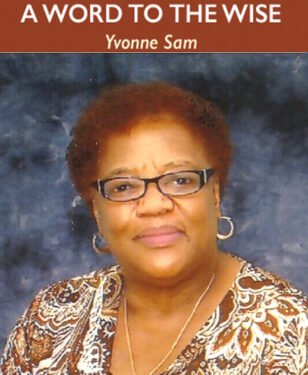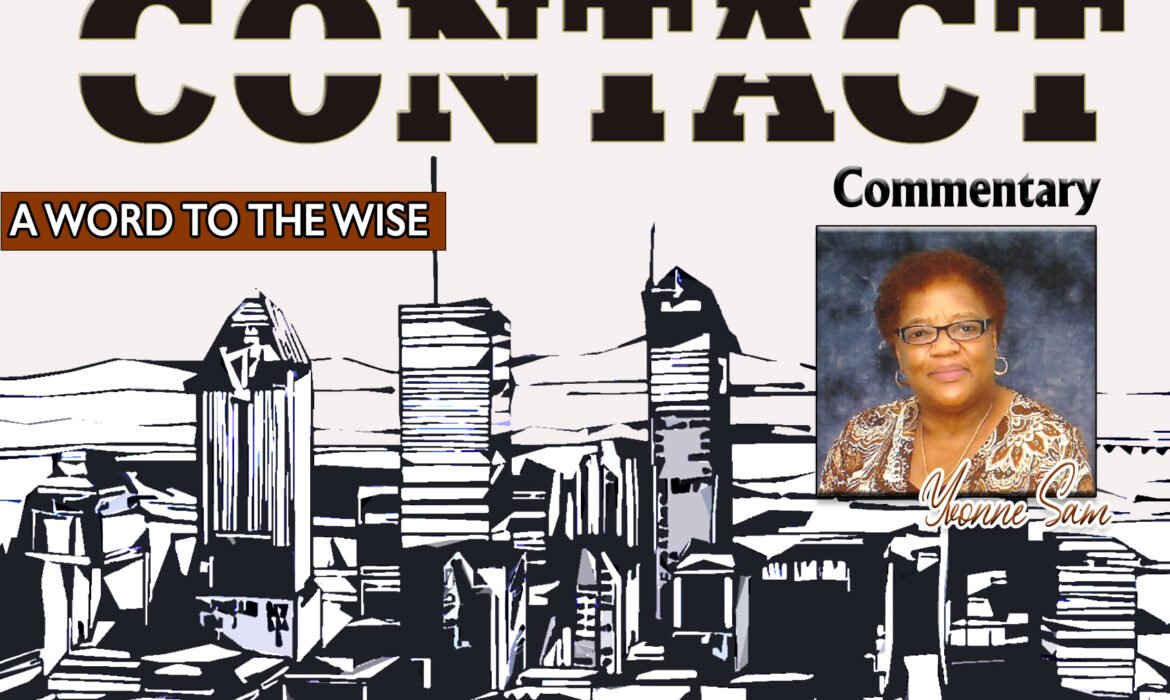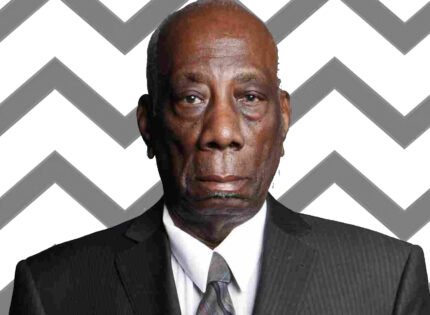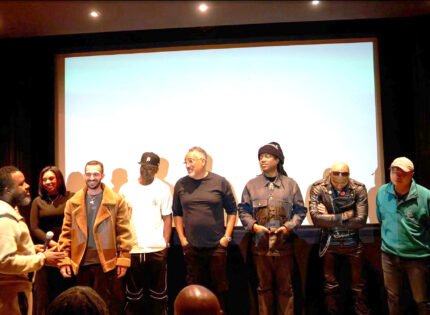 From time immemorial the construct of race has always been used to gain and retain power, and to create dynamics that separate and silence.
From time immemorial the construct of race has always been used to gain and retain power, and to create dynamics that separate and silence.
The Oxford English Dictionary’s first recorded utterance of the word racism was by a man named Richard Henry Pratt in 1902. Pratt was railing against the evils of racial segregation.
Although Pratt might have been the first person to condemn racism and its deleterious effects by name, he is much better-remembered for a very different coinage: Kill the Indian…save the man.
According to Pratt: “A great general has said that the only good Indian is a dead one.” “In a sense, I agree with the sentiment, but only in this: that all the Indian there is in the race should be dead. Kill the Indian in him, and save the man.”
In Canadian life racism remains a force of enormous consequence yet no one can be accused of perpetrating it without kicking up a grand fight. No one ever says, “Yeah, I was a little bit racist. I’m sorry.”
That is in part because in our cultural conversations racists have become inhuman. They are fairy-tale villains, and therefore cannot be real. Notwithstanding, contrary to popular conceptions, racist ideas did not emanate from ignorance or hatred, but instead were hatched and honed by some of the most brilliant minds of each era. These intellectuals craftily used their brilliance to justify and rationalize deeply entrenched discriminatory policies and racial disparities in everything from wealth to health.
Racism has a history albeit sometimes gory, and its legacy is complex, brutally ugly and yet to be truly reckoned with or fully confronted. Anti-Black racism is not a new issue in Canada, but it is somewhat harder to see the oppressive systems still in place, as most people hold the belief that racism is more of a historical problem, or an issue more pervasive in America.
There are many individuals who have gone through their lives and careers with only the shallowest understanding of racism and its effects, totally blind or oblivious to white culture and its harms.
Generally, the term anti-racism is defined as an active stance against racial hatred, bias or systemic oppression of marginalized groups. A deliberate use of strategies and practices that challenge and counter racism, inequities, prejudices and discrimination based on race. In any given moment, we are aware of and choosing how to proceed in a way that is inclusive to those around us.
White privilege is defined as the unquestioned and unearned set of advantages and choices white people experience, often without recognizing it, because they are not subjected to racism.
These benefits are not always recognized because they feel like things everyone experiences and may be taken for granted. Have most White Canadians acknowledge the fact that they have been and still are the recipients of white privileges.?
When privileged folks are unable to talk about race, or the discussion becomes too controversial they bring a “stand-in” to the rescue, a “buzzword…” DIVERSITY.
This word has now morphed into a safe conduit when open discussion about race and racism becomes too disputatious. Diversity speaks about inclusion and tolerance — including everybody at the table — but without ever really talking about why the table looked that way in the first place. In other words, there is no discussion about how one group of people has been systemically privileged over others.
When spoken of often, it becomes this performance of being “the good type of white individual.” Even in the hands of the well-intended, it leaves us without a language for making sense of ongoing racism or deliberating effective policy responses.
Furthermore, it serves as a clear hindrance, as it prevents having a more substantial discussion about racism. At this paradoxical time, while questioning racism in policing and prisons etc. , it allows for the sidestepping of persistent and alarming racial inequalities.
Denial is the heartbeat of Canada , especially in the province of Quebec, where the issue of racism still remains an uphill challenge with enigmatic facets.
To be a successful anti-racist one needs to move from a zone of fear where there lies denial of the existence and impacts of racism to a zone of growth where we own and are responsible for our discomfort, speak out against injustice and educate ourselves and others about the perils of prejudice and discrimination.
Now that the history of racism has been told, have we as a people truly grown? Can we add to the list tangible evidence that we have truly become anti-racist? Would there be an acceptance of the existence of white privilege and its accompanying benefits due to the extra mileage.
Anti-racism is the commitment to fight racism, wherever it is found, including in one’s self. This is the only way forward, for viewed through phenomenological lens any deviation would be tantamount to sheer futility.
Aleuta continua — The struggle continues.
















